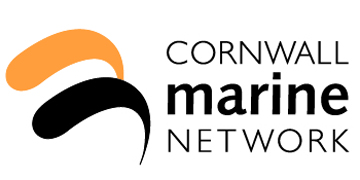Introduction
Your website is an integral part of your business and as such you should treat it like an employee…. pay it a salary and develop it. However, knowing what you want from a website and finding the right people to bring that to life are often the most difficult part.
With that in mind you should be looking to have your site built by someone who understands your business, can feed into your plans and isn’t just there for the build but wants to support your business, and they can be hard to find.
To get started, developing your brief is critical. It ensures you clearly detail what you have and what you want, meaning when you meet with potential suppliers you can measure them equally without the cross-sale that inevitably comes (social media, be number 1 on Google, let us write content, etc.). Not that you don’t want those extra services, but initially it’s about ensuring that agencies understand what you are looking for so they can see where they and their offering can add value and if they believe they are the right fit to work with you to develop your new platform.
By asking yourself the questions below as part of developing a web brief, you have control over the process right from the start, ensuring that your goals remain a priority and are not side-tracked by the development process.
Introduce your organisation with a few short paragraphs or links to relevant web pages.
- Briefly describe the products you sell or the services you provide
- Explain the size of the company – e.g. number of employees, approximate turnover figure (There is a lot of difference between how a £10,000 company and a £1,000,000 company should look)
- Are you an international company or do you trade internationally? If so, which countries?
- How long have you been established?
- Describe the company using five or ten key words
(e.g. young, vibrant, technology based etc.)
The old website
- What is the URL of the old website?
- What is good about the website?
- What don’t you like about the old website? (i.e. old colour schemes, out-dated design)
- What doesn’t work with the website
- How long ago was it built? Who built it? Can they be contacted?
- What level of traffic is it currently receiving?
- What proportion of this traffic is from a mobile device?
- Which countries are featuring prominently in the user stats?
- What are the top 5 web browsers and platforms (Mac/PC/Android/iOS) visiting your website?
- What is the main goal of the website? (Generate sales, generate leads, promote awareness?)
- How regularly do you achieve this goal? I.e. how many sales / leads are generated a week or month?
- Who is responsible for updating the website and what level of web knowledge do they have?
In order to meet your requirements, any design agency would need to know why the old site is no longer suitable, so detail anything else that could be relevant.
The new website
You now need to examine what you need from the new website. A good starting point would be to consider the following:
Outline the main aims of the new website e.g. to increase traffic, increase product awareness, generate more sales, offer e-commerce, advertise a new product or service?)
- Who is the target audience? Has this changed from the old site? What are the demographics? (e.g. children, adults, socio-economic class, income levels, location?)
- How will your target audience most likely be accessing your site – via their phones, tablets or desk-tops?
- Is the new website part of a re-brand, or a new product launch?
- Is there other advertising taking place that the new website should tie in with?
- What are the unique selling points for your company, your products or your services?
- What industry are you aiming the website at?
- Is the market already saturated with competitors?
- List a few competitors’ websites.
For e-commerce websites, please detail who you bank with – this will be important for deciding on which payment gateway you should use.
Budget
Deciding your budget is very important. Have no doubt, you will get better and more accurate quotes in response. If agencies know what the budget range is and are working to the same brief, you’re likely to get very similar quotes, which is important. At least you can compare apples with apples.
- What is the budget for design and development of the website? (please do not skip this question!)
- Is there a marketing budget to accompany the new website?
- Is there a budget for ongoing support and maintenance?
- If not, who will maintain and support the website?
The fun bit – the look and feel of the new website
The website should be an extension of any offline media, advertising or branding that you have. It is always helpful for agencies to be provided with a brochure, some marketing literature or the annual report to help get a feel for the company, so include them with the brief.
- Please list around 5 websites that you like the look of, including brief notes on what you like about them
- Do you have existing branding, logos and colours schemes? Share these.
- Can you provide a brand guideline, i.e. what is it you are wanting to produce?
The content of your new website
Start thinking about how you want to populate your new site.
Resist the urge to duplicate your existing website content in your new site if your existing site is letting you down in some way, the chances are that the content is no longer up to scratch. Having thought about your target audience, take the opportunity to review whether your content still meets their needs.
Don’t put this off until the end of the project – start thinking now about how you’re going to produce the copy text.
- Do you have the skills and resources available to carry out a content audit of your existing web-site?
- Do you have the resources or skills to create and supply the text to go on the website? If the answer to these questions is no, you will need a web copywriter as well
- Who will be responsible for generating content?
- Do your brand guidelines incorporate details on tone of voice, phraseology, etc.?
- Do you have any corporate images, photography or videos?
- Can you provide your logo and corporate identity pack? Ideally in a vector format such as .eps, .pdf or .psd?
- Will the website need to integrate with any other software? For example, CRM systems, booking engines or payment gateways?
- Will the website integrate with social networks, if so which ones?
Technical requirements
You should outline any special technical requirements that your company might have.
- Do you already own the domain name?
- Will you require hosting?
- Is it a website, an App, an intranet or an extranet?
- If it is an intranet, what is the environment?
- Should you be catering specifically for ‘text only’ browsers, audio web browsers or Braille readers?
- Is your site likely to be targeting people with special needs or requirements i.e. limited mobility, colour blind, deaf, learning difficulties, etc.?
- Considering your exiting website’s analytics – do you have a high proportion of mobile users?
Maintenance
The ongoing maintenance of a website is an often overlooked aspect of the new website’s design.
- Who will be responsible for the on-going maintenance of the website?
- Do you have the skills, resources and time to maintain the website in-house?
- What happens if that member of staff leaves the company? is there a contingency?
- Would you prefer to make an arrangement with the website design / website development company for them to handle website maintenance?
Digital marketing
You are investing in a new website, so you want customers to see it, right? Now detail how you will promote it. An online business is no different to a traditional business, it needs marketing.
The digital marketing of a website is often overlooked when considering the website brief.
The promotion of your website, increasing visibility in search engines and generating a sense of engagement, is vitally important to its’ continued success.
There are a number of digital marketing activities that you should consider:
- Social media campaigns
- Search Engine Optimisation (SEO)
- Pay-Per-Click (PPC) and Display Network adverts (image and rich media adverts on relevant web-sites) – paid listings you see in search engines
- E-mail marketing
- Content marketing – i.e. blogs, video content, newsletters, social media
- Banner advertising on related websites
- Affiliate marketing
Your chosen activities will depend on your budget, your target market and the resources within your company to manage the activity. For example, you don’t want to run a social media campaign if your target market doesn’t use social media.
You should set the scene and outline any initial thoughts and research.
- Have you gained insight into the online habits of your target market? Do you know which websites they use, when they’re online and why they use the websites they use?
- What’s your product / service differentiator against your competitors?
- Have you previously run any digital marketing campaigns i.e. social media, PPC, email?If so, what did or didn’t work?
- Do you have any initial thoughts for digital marketing activity? If so, please detail.
- Does your organisation have the skills, resources and time to maintain the digital marketing in-house?
- What is the budget for the digital marketing launch of the website?
- What is the digital marketing budget for the next 6 months? Does this include third party costs (such as PPC) and agency fees (set up and monthly management)?
Offline marketing
A website can also be supported by an offline marketing strategy, perhaps consider some of the following activities:
- Direct mail
- Brochures and flyers
- Outdoor advertising
- PR exercises
- Sponsorship
- Vehicle wraps
You might be thinking “why do they need to know about offline promotion?” This is crucial if your communications are to be consistent across various channels. The decision-making process is complex, people view product and services across a variety of devices and channels, at different times of the day. You need to ensure you capture their interest and engage with them at the right time, on the right channel.
Conclusion
You should finish your website design brief with a short conclusion, outlining what you would like to receive back from the design agency. As a rule of thumb, typically agencies will provide a full proposal, detailing how the site would be built, the layout, the proposed digital marketing activities, the costs (initial and on-going), the timescales involved and any assumptions and conditions that they have made.
Don’t forget to include timescales and be realistic; a proper proposal can take a number of days to prepare.




